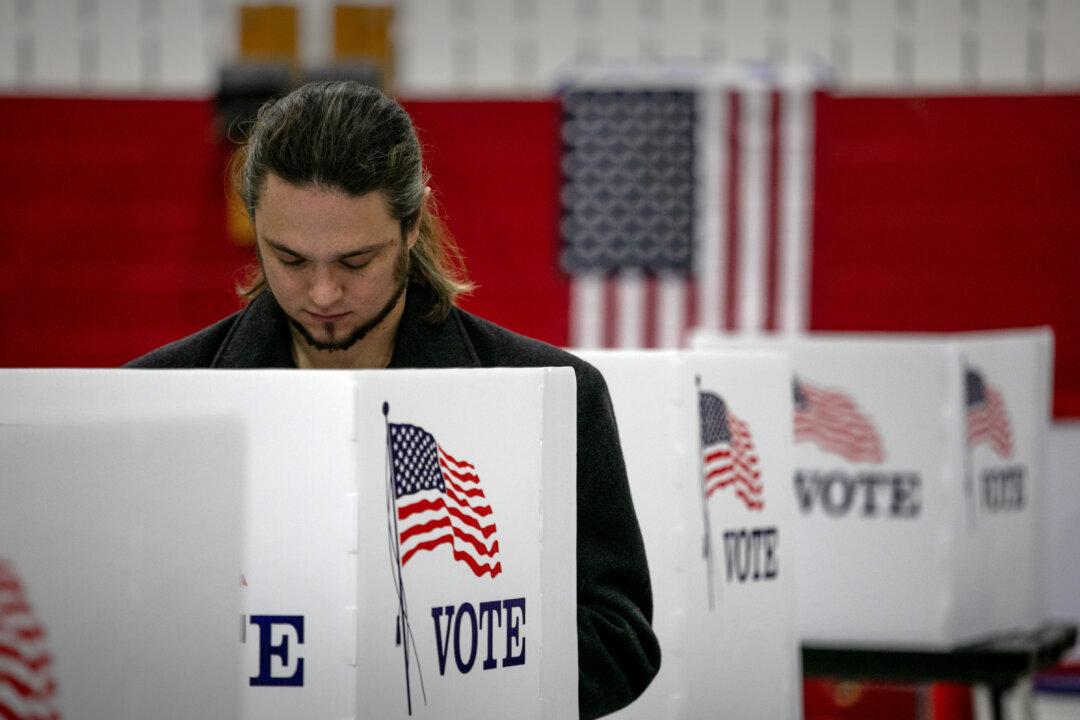Three former Michigan secretaries of state issued a joint statement this week urging a “no” vote on a citizen-initiated ballot proposal that would legalize the private funding of elections, require absentee ballot drop boxes in every community, and do away with mandatory photo identification for in-person voters.
Proposal 2 would allow a would-be voter to present a signed affidavit attesting to his or her identity instead of a state-issued photo ID.





